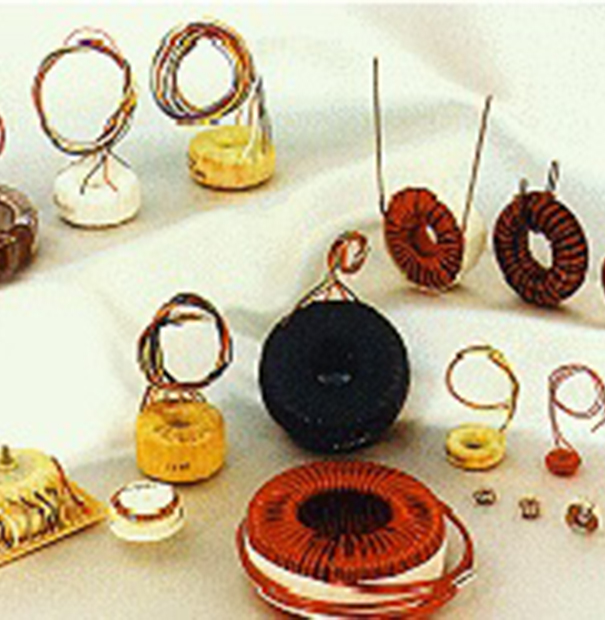Coils are the central part of transformers because they provide magnetic fields necessary for the proper functioning of electronic and other devices (motors and generators). No coil is complete without custom coil winding. Regardless of the shape of the core, wires are designed to complete specific tasks. Custom coil winding meets the demands of different industries and companies with unique demands, and as a result, each job is custom. Coil winding companies need to take into account many factors before beginning the winding process. These parameters include:

- Energy Loss or Q-Factor
- Inductance
- Insulation
- Strength of Magnetic Field
Engineers need to decide between flat and round wires for custom coil winding. Square, magnetic wires are ideal when space is a concern. The flat shape could be placed in a tight coil configuration compared to round wire. Engineers who use flat wire can create compact coils that easily fit within small motors (delivering high power levels with less space).
Toroidal coil winding is used when engineers require electricity that maintains consistent low frequencies. In these applications, a toroid functions as an inductor that can boost the frequency of devices to desired levels. Most people recognize that toroids are less expensive and more efficient than similarly powered solenoids. Custom coil winding for toroids typically contains high levels of copper, and the wire is evenly distributed over the circumference of the doughnut-shaped coil.
Related Reading about Toroids
- How do You Get a Good ToroidToroidal transformers are commonly used in electronic devices because of their size, price, and performance characteristics. Although toroids work for most applications, there are times where engineers need different types of transformers. Another popular option is a choke.
- What are the Differences Between Chokes and Inductors
- Common Material Options for Steel Cores

